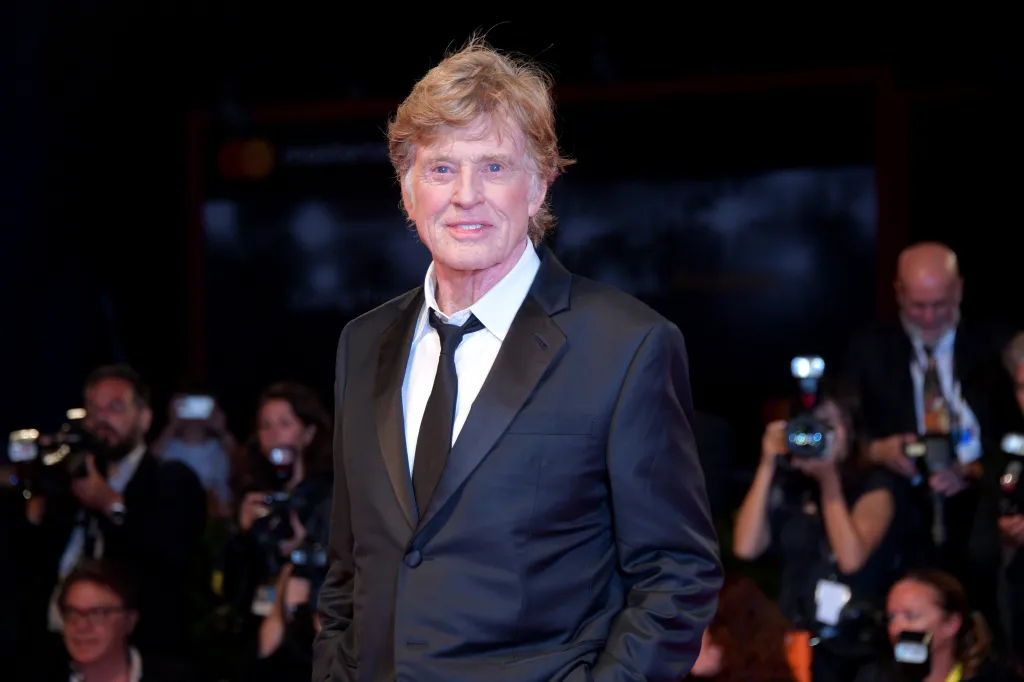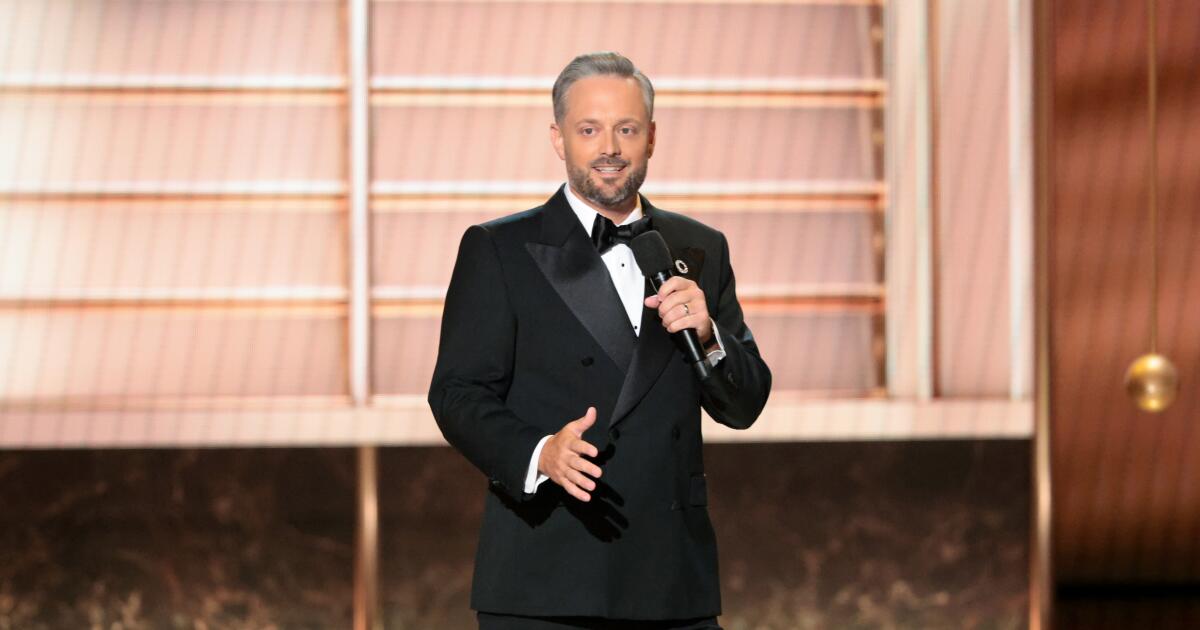
Robert Redford, who died Tuesday at age 89, was a major movie star with the soul of a ‘60s rebel but the appetites of a Hollywood celebrity. He loved movies but distrusted studios and disliked Hollywood and Los Angeles as places to live or work.
His contradictory traits were usually hidden from public view but revealed in off-camera moments. While Redford was the symbol of Hollywood stardom in movies like The Way We Were and Butch Cassidy and the Sundance Kid he was also the champion of indie filmmaking – hence his stewardship of Sundance in all its rituals and successes.
To his admirers Redford was the handsome, smooth-talking star who always got the girl. To his friends he also was a tough-minded environmentalist and a champion of Native American causes who seemed most satisfied making politically edgy movies like The Candidate or All the President’s Men.
RELATED: Barbra Streisand, Leonardo DiCaprio, Jane Fonda, Meryl Streep & More Honor Robert Redford As Hollywood Pays Tribute
Suspicious of studios and studio executives, Redford was admired but distrusted within “the system.” Early in his career he coveted the glitter of Broadway stardom in Neil Simon’s Barefoot in the Park but was wary and indecisive in choosing his early film projects. War Hunt and Tall Story were paydays but disappointments. He committed to a counter-culture Western called Blue, then pulled out the week before it was about to start. He surprised his agents by playing a biker dude in Little Fauss and Big Halsey, then a champion skier in Downhill Racer.
But he remained habitually indecisive, often failing to appear at pre-arranged meetings or arriving two or three hours late.
After much negotiation, Paul Newman persuaded him to commit to Butch Cassidy and the Sundance Kid and the two remained friends, often commiserating about the angst of stardom. The Sting proved a success for both. Redford committed to, then almost pulled out of, Indecent Proposal. Though he sought to star in The Great Gatsby, he refused to attend the premiere because of script and casting disagreements. A dispute on All the President’s Men resulted in a well-publicized quarrel with William Goldman, who wrote the script. The film was nonetheless well received.
Through it all, Redford steered Sundance through many years of success and earned a certain immortality as the champion of indie filmmaking. Indeed his own directing effort, Ordinary People, stood out as a symbol of hope for aspiring auteurs.
“I love filmmaking but loathe the pre-process stuff,” Redford once told me in a phone call. I had just given him the script of Downhill Racer in my job at Paramount, then had canceled the meeting.
He’d laughed; he had wanted to cancel it first.



